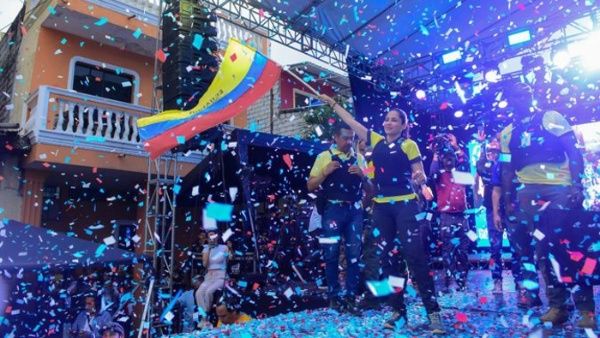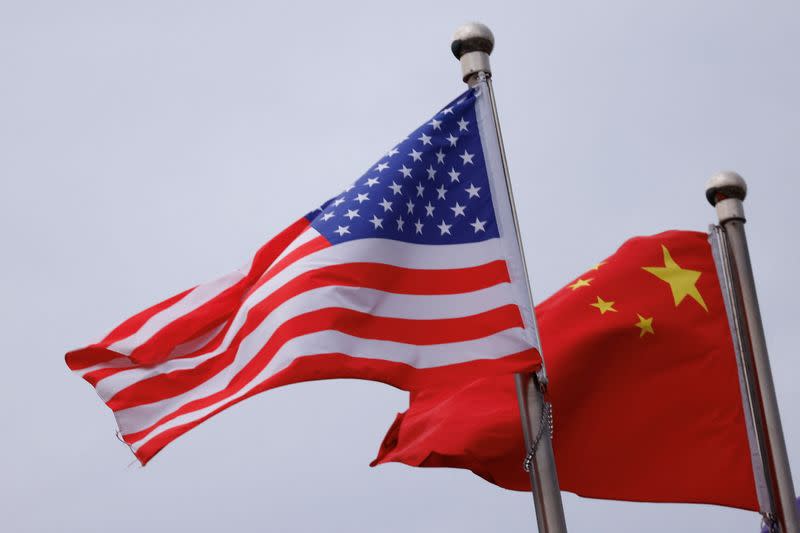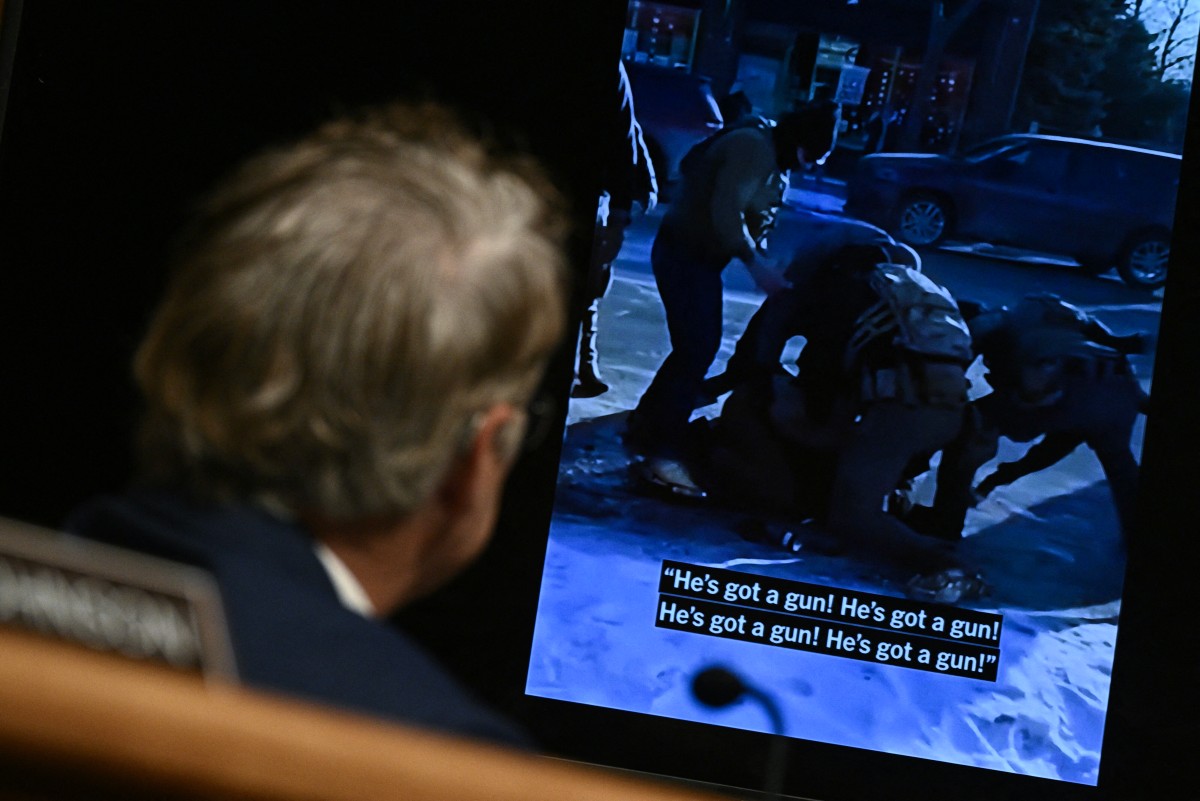International
What will the second round of Ecuador’s elections be like?

October 13 |
Next Sunday, October 15, the presidential candidate of Revolución Ciudadana (RC), Luisa González, and the candidate of the coalition Acción Democrática Nacional (ADN), Daniel Noboa, will face each other in the second round of the early elections in Ecuador.
More than 13 million Ecuadorians will go to the polls to choose who will be their president. This is the second round of voting after in the first round held last August 20 none of the candidates achieved a simple majority of 50 percent plus one.
The winner will succeed Guillermo Lasso and will finish the presidential term 2021-2025, due to the fact that, in May 2023, the current president decreed the dissolution of the National Assembly at the same time as the end of his presidential term, a mechanism called “muerte cruzada”, which allows calling for early general elections.
Daniel Noboa, 35, is a businessman and son of Alvaro Noboa, who was a presidential candidate on several occasions. Noboa seeks to create tax incentives and tax exemptions for new businesses. In terms of security, he wants to strengthen the judicial system, combat cyber crimes and improve the prison system.
The candidate of former President Rafael Correa’s party, Luisa Gonzalez, 45, became the first woman to obtain such a significant percentage in the first round of presidential elections with 33 percent of the votes in her favor, she advocates fighting crime, corruption and strengthening the judiciary.
Several pollsters authorized by the National Electoral Council (CNE) have presented their latest figures to the population.
The company Comunicaliza indicates that 41.5 percent of the Ecuadorians consulted would opt for Daniel Noboa. While the candidate Luisa Gonzalez, obtains 36.4 percent. In addition, 12.4 percent are still undecided as to who they will vote for, while 9.7 percent will decide to vote blank or null.
According to the results of the pollster Telcodata, the representative of Alianza Democrática would have 36.7 percent, while the candidate of the Revolución Ciudadana movement would have 36.4 percent. Although everything would be decided by those who still do not know for whom they will vote, since this group represents 15.9 percent.
Another pollster called Negocios & Estrategias places Noboa in first place with 39 percent, but Gonzalez with 38.63 percent, which reflects the tightness of this second round. And 17.07 percent still have not decided for whom they will vote.
In Ecuador voting is mandatory for the majority of the population. Voting is imperative for citizens between 18 and 65 years of age, for young people between 16 and 17 years of age and for active duty members of the Police and Armed Forces.
In the event that any person fails to comply with his obligation to participate in the elections, a fine of 10 percent of the minimum wage will be imposed. Persons over 65 years of age, health professionals working on election day, if they were sick, disabled, had a domestic calamity, were involved in a traffic accident or if they were out of the country will be exempted from paying the fine.
International
Florida judge sets 2027 trial in Trump’s $10 billion lawsuit against BBC

A federal judge in Florida has scheduled February 2027 for the trial in the lawsuit filed by U.S. President Donald Trump against the BBC, in which he is seeking $10 billion in damages for defamation.
Trump accuses the British broadcaster of airing a misleading edit of a speech he delivered on January 6, 2021, which, he says, made it appear that he explicitly urged his supporters to attack the U.S. Capitol in Washington.
The president filed the suit in December in federal court in Florida, alleging defamation and violations of a law governing business practices when the program was broadcast ahead of the 2024 election.
Trump is seeking $5 billion in damages for each of the two claims.
Lawyers for the BBC unsuccessfully asked the court to dismiss the case, arguing that Trump had not suffered a “legally recognizable harm,” since the investigative program Panorama, which included the edited footage, aired outside the United States.
International
Head-of-state diplomacy key to guiding China–U.S. ties, Beijing says

Head-of-state diplomacy plays an irreplaceable strategic guiding role in China–United States relations, Chinese Foreign Ministry spokesperson Lin Jian said on Thursday during a regular press briefing, when asked about high-level exchanges between the two sides.
Lin added that in a recent phone call, U.S. President Donald Trump once again expressed his intention to visit China in April, while Chinese President Xi Jinping reiterated his invitation.
Both sides remain in communication regarding the matter, the spokesperson said.
Lin noted that the essence of China–U.S. economic and trade ties lies in mutual benefit and win-win outcomes.
“Both parties should work together to implement the important consensus reached by the two heads of state, injecting greater certainty and stability into China–U.S. economic and trade cooperation, as well as into the global economy,” he said.
International
Trump administration to end special immigration operation in Minnesota

The administration of Donald Trump is bringing to a close its special operation targeting illegal immigration in the northern state of Minnesota, border czar Tom Homan announced Thursday, following weeks of unrest and the fatal shootings of two activists by federal agents.
Thousands of federal officers had been deployed to Minnesota in December to carry out large-scale raids against undocumented immigrants.
The operations triggered strong reactions from residents and advocacy groups, leading to daily confrontations and the deaths of two people who were shot by federal agents.
“I proposed, and President Trump agreed, that this special operation should end in Minnesota,” Homan said during a press conference in the state capital, Minneapolis.
“A significant drawdown began this week and will continue into next week,” he added.
Homan indicated that similar enforcement efforts could be launched in other cities.
“Next week we will redeploy the agents currently here back to their home stations or to other parts of the country where they are needed. But we will continue to enforce immigration laws,” he said.
-

 Central America4 days ago
Central America4 days agoGuatemala isolates Barrio 18 leader after attacks that killed 11 police
-

 International2 days ago
International2 days agoU.S. Health Department says CDC grants no longer match agency priorities
-

 International1 day ago
International1 day agoOver 50 Civil Groups Urge House to Impeach DHS Secretary Kristi Noem
-

 International2 days ago
International2 days agoICE Arrests Reach 379,000 Under Trump, Testimony Shows Amid Minnesota Shootings
-

 Central America1 day ago
Central America1 day agoGuatemala to Phase Out Longstanding Medical Cooperation Agreement with Cuba
-

 International2 days ago
International2 days agoDespite homicide drop, overall deadly violence remains high in Mexico: study
-

 International2 days ago
International2 days agoSheinbaum Urges Mexico to ‘Jealously’ Guard Sovereignty at Air Force Anniversary
-

 International2 days ago
International2 days agoMEPs Approve Plan That Could Fast-Track Rejection of Some Asylum Claims
-

 International2 days ago
International2 days agoJet Fuel Crisis Hits Cuba: Flights Disrupted, Air Canada Cancels Services
-

 International1 day ago
International1 day agoNew York’s New Archbishop Names Óscar Romero as His Favorite Saint
-

 International2 days ago
International2 days agoMexico Rises Slightly to 141st in Global Corruption Perceptions Index 2025
-

 International9 hours ago
International9 hours agoHead-of-state diplomacy key to guiding China–U.S. ties, Beijing says
-

 International9 hours ago
International9 hours agoTrump administration to end special immigration operation in Minnesota
-

 International9 hours ago
International9 hours agoFlorida judge sets 2027 trial in Trump’s $10 billion lawsuit against BBC
-

 International1 day ago
International1 day agoExclusive Tucson Neighborhood Shaken by Disappearance of Savannah Guthrie’s Mother
-

 International2 days ago
International2 days agoChile Unveils Latam-GPT to Give Latin America Its Own AI Model


























